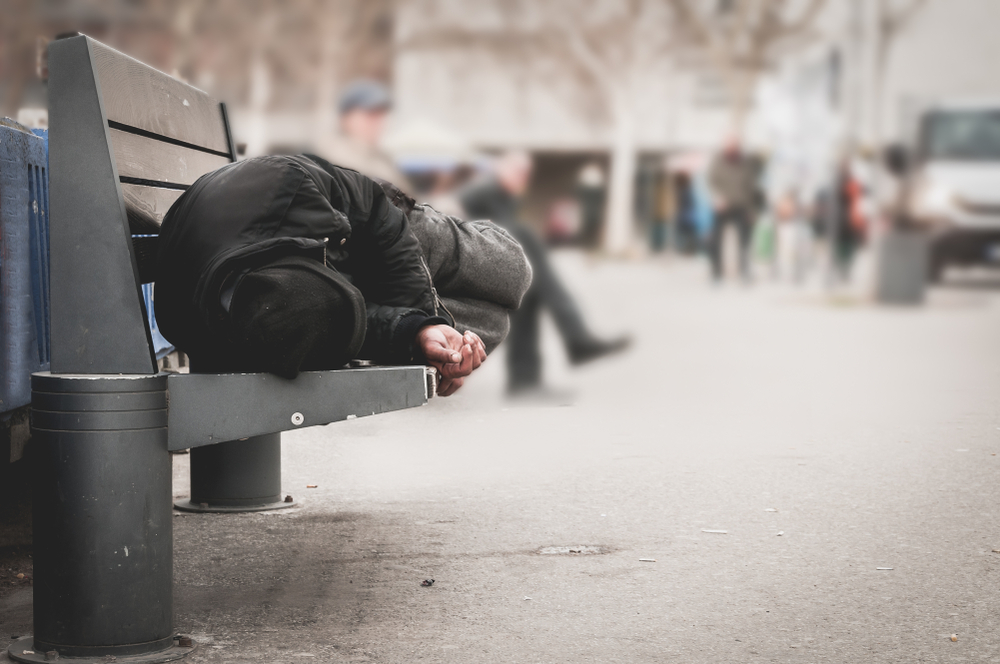Seattle’s Homeless Crisis
The city of Seattle is facing homelessness at an unprecedented level; as of the last count, there are over 12,500 people living on the streets or in shelters in the area. Mayor Jenny Durkan states that this crisis has been years in the making, with roots in “racial inequality, economic disparities, mental health treatment, rising housing costs, mental health, addiction, and so much more… We must act – and are acting – to improve life in Seattle.”
Unfortunately, there is a clear link between addiction and homelessness. People addicted to drugs may find themselves without employment, shelter, or routes to recovery. Today, Washington state legislators have pledged to provide support for this at-risk group.
Addiction and Homelessness
Year over year, rates of homelessness increase in the United States. With the advent of the novel coronavirus, we can expect record numbers for the year 2020. Unfortunately, addiction and homelessness are often interlinked. Living on the street often results in substance abuse, and addiction can be a primary factor in losing one’s home. According to the National Coalition for the Homeless, 38% of homeless people are addicted to alcohol, and 26% are dependent on drugs.
Living on the street comes with a number of stressors, including food insecurity, poor health, reduced resources, lack of shelter, and separation from loved ones. Homeless people may struggle with mental health concerns like bipolar disorder, paranoia, delusions, depression, and post-traumatic stress disorder. They are also more likely to be exposed to substance abuse on a regular basis, and drug use may serve as an escape from their difficult circumstances.
When these factors are listed, it is easy to understand how homelessness can complicate a person’s recovery from addiction.
Homelessness in Washington State
In Washington, countless teens and adults experience homelessness after completing an addiction or mental health treatment program. One 2017 state report found that nearly 25% of those who left inpatient care were unstably housed or homeless within a year of discharge. This number may be an underestimation, as only youth who accessed food, cash assistance, or housing programs were counted in this survey.
The instability of homelessness makes it incredibly challenging to achieve and maintain addiction recovery. Triggers are abundant and it is difficult to avoid the stress, anxiety, and uncertainty inherent to an itinerant lifestyle. Research shows that young people experiencing homelessness are at higher risk of mental illness, sex trafficking, and assault. For these reasons, it is vital for people leaving treatment to have access to support and stability, especially in the earliest phases of recovery.
Support After Treatment
By the end of 2020, Washington state lawmakers seek to halt the pipeline from publicly funded addiction treatment programs to homelessness. This legislation focuses specifically on youth, who may also be departing from foster care, mental health programs, or juvenile detention.
Advocates have requested incentives and funding for inpatient facilities to connect patients with housing services before discharge. It is also necessary to fund new sober housing projects for people who cannot return home to their families, or who were homeless before treatment. Additionally, they have asked for increased support for former patients and family members after treatment.
The journey to recovery doesn’t end with one’s inpatient program. Research has proven that long-term addiction treatment leads to better outcomes, including sustained sobriety and improved mental health. Aftercare programs – sometimes referred to as long-term treatment or continuing care – are a key component of many addiction treatment centers. These services often include case management, individual therapy, group meetings, and 12-step involvement. With this additional level of support, Washingtonians will be more likely to successfully navigate early recovery.
The Foundation Program
At Lakeside-Milam, we understand the challenges of addiction and mental illness. It is our hope to provide services which are alternatives to homelessness and relapse. We offer long-term care in our Foundation Program, along with transitional living for men at The Lodge. In these settings, patients who have completed a residential program are able to live in a clean and sober home while attending outpatient services. Patients may stay for 60 to 90 days, depending on their treatment history and living situation.
Through a healthy balance of free time and activities, Foundation Program participants are able to build plans for the next chapter of their lives. Our team of experts works with you to address issues at work or school, health problems, relationships, and upcoming living arrangements.
Since we opened our doors in 1983, Lakeside-Milam has helped more than 100,000 people to find the miracle of recovery. By offering long-term treatment services, we hope to work with clients experiencing all types of difficulties – including addiction, mental illness, and homelessness – to create lasting recovery. If you or a loved one are struggling, please don’t wait to call. Contact Lakeside-Milam today for a personalized treatment plan.






